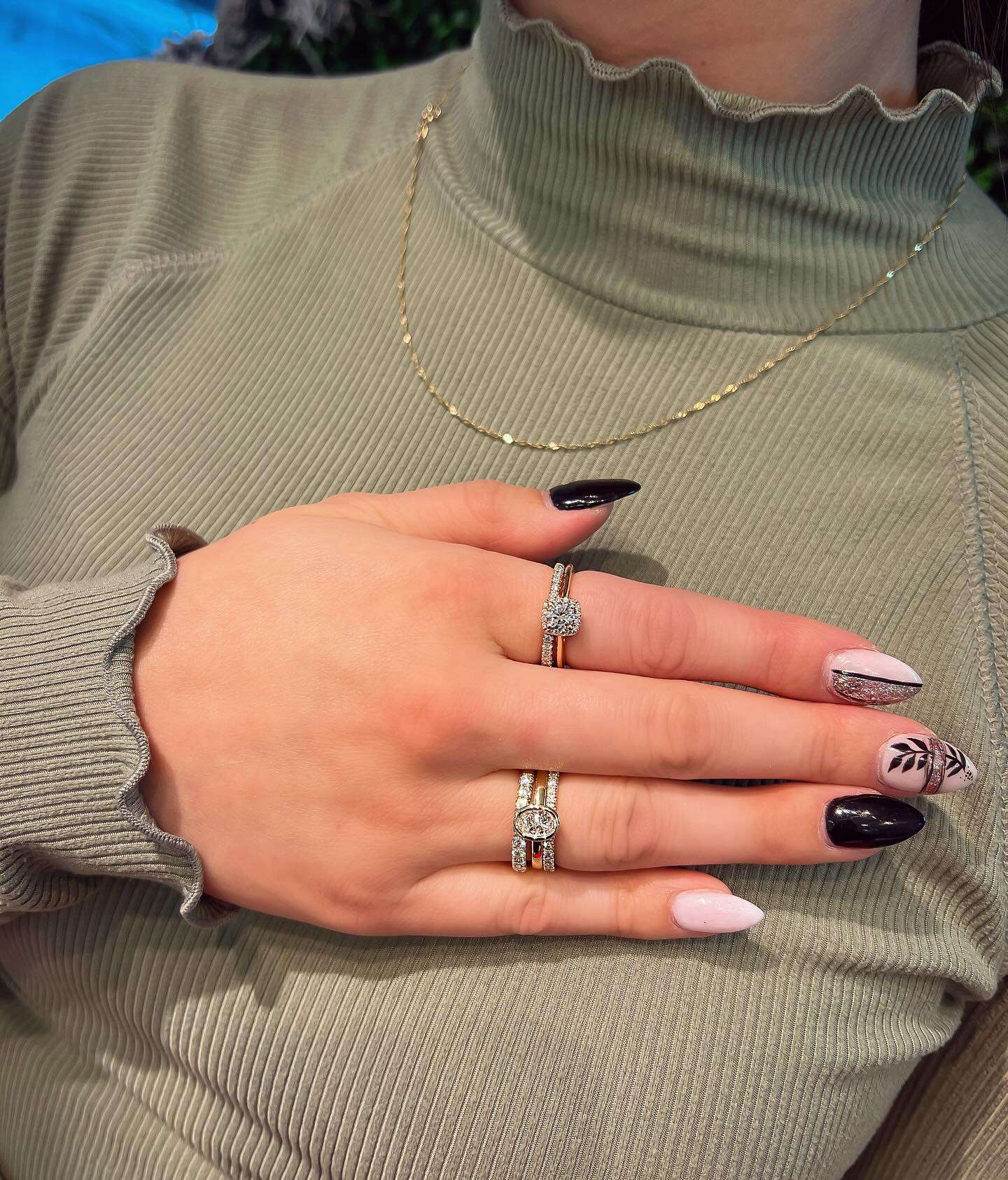Introduction:
In the ever-evolving realm of fashion, the intersection of social media and e-commerce has given rise to a revolutionary concept – social commerce. From the rise of micro-influencers shaping fashion trends to personalized styling services transforming the online shopping experience, social commerce is reshaping how we engage with and consume fashion. In this comprehensive guide, we’ll delve into the various facets of social commerce within the fashion industry, exploring the impact of micro-influencers, the role of social commerce platforms, and the growing trend of personalized styling services.
Micro-Influencers: The Fashion Trendsetters
The Power of Authenticity:
Micro-influencers, individuals with a smaller but highly engaged social media following, have become influential trendsetters in the fashion landscape. Unlike mega-influencers, micro-influencers often maintain a more authentic and relatable connection with their audience. This authenticity is a valuable asset in the fashion industry, where personal style and genuine recommendations hold significant weight.
Authentic Fashion Recommendations:
- Micro-influencers excel at providing authentic fashion recommendations. Their followers trust them for genuine insights into the latest trends, styles, and even emerging brands. This authenticity fosters a sense of community and reliability in the often competitive and ever-changing world of fashion.
Accessible Fashion Inspiration:
- Micro-influencers offer a more accessible form of fashion inspiration. With smaller follower counts, they are more approachable, and their content tends to be relatable to a broader audience. This accessibility enhances the inclusivity of fashion, breaking away from the elitist stereotypes that have long been associated with the industry.
Niche Expertise:
- Many micro-influencers specialize in niche fashion areas, catering to specific interests or styles. This specialization allows them to become authorities in their chosen niches, making them go-to sources for followers seeking guidance on unique fashion preferences.
Social Platforms as Fashion Storefronts
Seamless Shopping Experiences:
Social media platforms have evolved beyond being mere communication tools; they now serve as dynamic storefronts where fashion enthusiasts can seamlessly discover and purchase products. The integration of in-app shopping features on platforms such as Instagram, Facebook, and Pinterest has transformed the way consumers engage with fashion content.
In-App Shopping Features:
- Platforms like Instagram and Facebook have introduced in-app shopping features that allow users to explore, shop, and checkout without leaving the app. This seamless shopping experience minimizes friction in the customer journey, leading to higher conversion rates.
Visual Storytelling:
- Social platforms excel at visual storytelling, making them ideal for showcasing fashion products. Brands and influencers can leverage the power of imagery and videos to create compelling narratives around their fashion offerings, enticing users to explore and make purchases.
Engagement and Community Building:
- Social commerce is not just about transactions; it’s about building communities. Fashion brands and influencers leverage social platforms to engage with their audience, encouraging discussions, feedback, and even co-creation of content. This sense of community fosters brand loyalty and customer retention.
Live Shopping Events:
- The rise of live shopping events on platforms like Instagram Live and Facebook Live has added a new dimension to social commerce. Fashion brands can showcase their products in real-time, answer questions, and provide an interactive shopping experience that replicates the excitement of in-store events.
Personalized Styling Services: Tailoring Fashion to Individual Tastes
The Future of Fashion Retail:
Personalized styling services are at the forefront of the social commerce revolution, leveraging data-driven insights and human expertise to curate fashion selections tailored to individual preferences. These services go beyond traditional online shopping, offering a more intimate and personalized experience for consumers.
Data-Driven Personalization:
- Personalized styling services leverage data analytics to understand individual preferences, style choices, and sizing information. Algorithms process this data to curate personalized fashion recommendations, ensuring that users are presented with options that align with their unique tastes.
Human Touch and Expertise:
- While algorithms play a crucial role, personalized styling services often incorporate the human touch of fashion experts. Stylists use their expertise to fine-tune recommendations, providing users with a curated selection that not only fits their style but also introduces them to new and exciting fashion choices.
Try-Before-You-Buy Models:
- Some personalized styling services offer try-before-you-buy models, allowing users to receive curated fashion items, try them on at home, and only pay for what they decide to keep. This innovative approach addresses the challenges of online shopping, where the inability to physically try on clothes can be a deterrent for some consumers.
Subscription-Based Models:
- Many personalized styling services operate on subscription-based models, where users receive curated fashion boxes regularly. This model not only provides a steady stream of new fashion items but also establishes an ongoing relationship between the user and the styling service.
Navigating the Social Commerce Landscape
Tips for Fashion Brands and Consumers:
- For Fashion Brands:
- Collaborate with micro-influencers to tap into niche markets and build authentic connections.
- Leverage in-app shopping features on social platforms for a seamless customer experience.
- Prioritize visual storytelling to create compelling narratives around your fashion offerings.
- Explore live shopping events to engage with your audience in real-time.
- For Consumers:
- Follow micro-influencers who align with your style and interests for authentic fashion recommendations.
- Take advantage of in-app shopping features on social platforms for a convenient shopping experience.
- Consider trying personalized styling services for a curated and tailored approach to fashion shopping.
- Engage with fashion communities on social media to stay updated on the latest trends and discover new brands.
Conclusion:
Social commerce has ushered in a new era for the fashion industry, where micro-influencers shape trends, social platforms become virtual storefronts, and personalized styling services redefine the shopping experience. As the fashion landscape continues to evolve, embracing the power of social commerce is not just a trend but a strategic imperative for both brands and consumers. Whether you’re a fashion enthusiast seeking unique styles or a brand aiming to connect with a diverse audience, understanding and navigating the dynamic landscape of social commerce is key to staying ahead in the ever-changing world of fashion.










